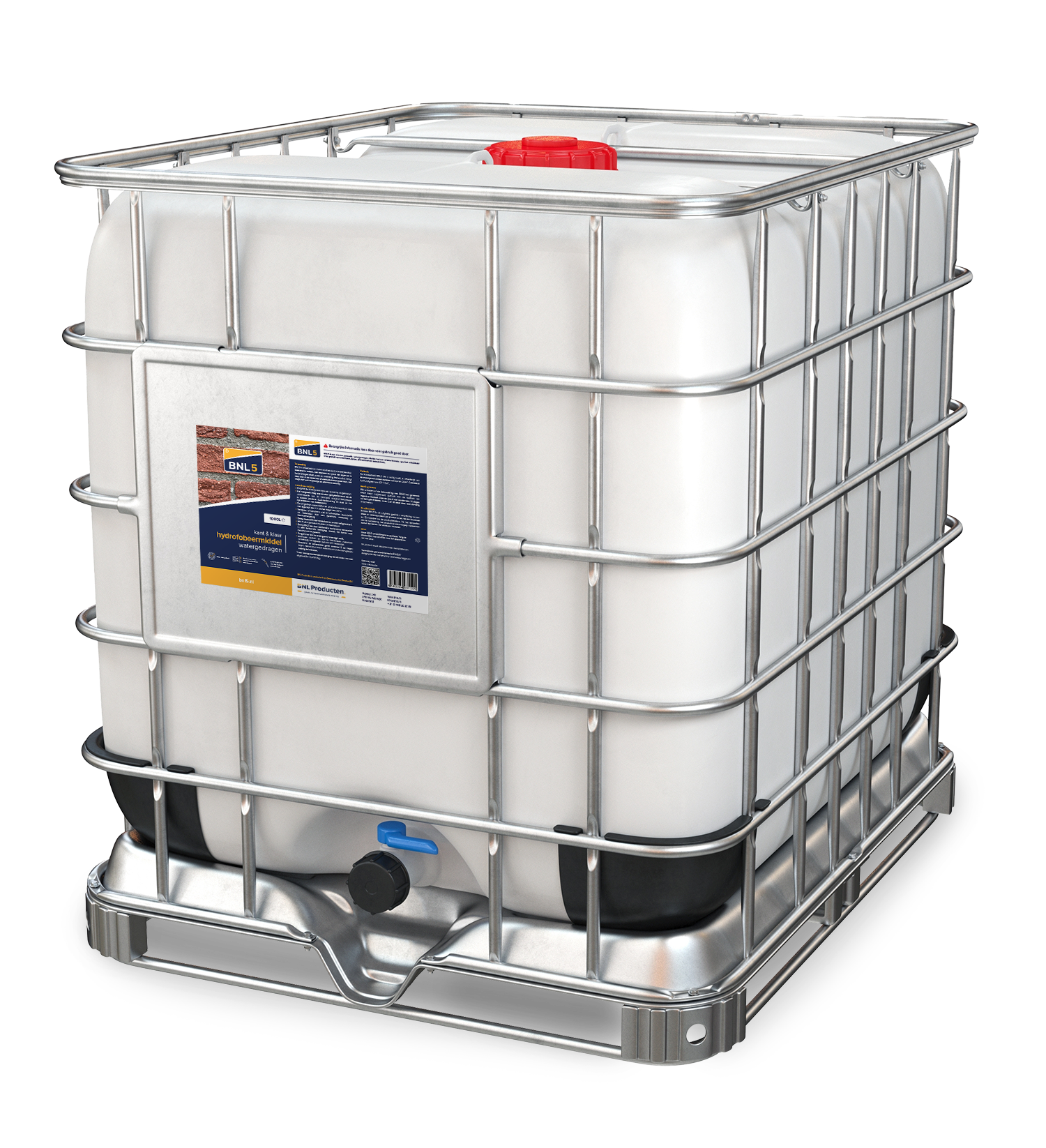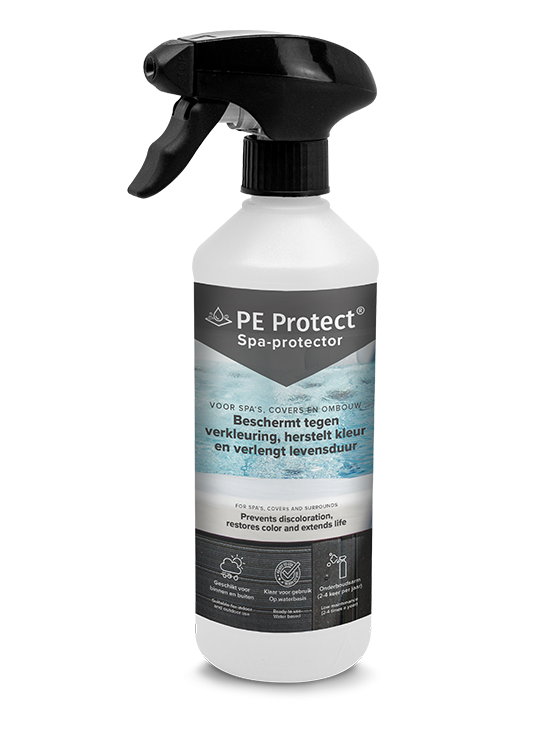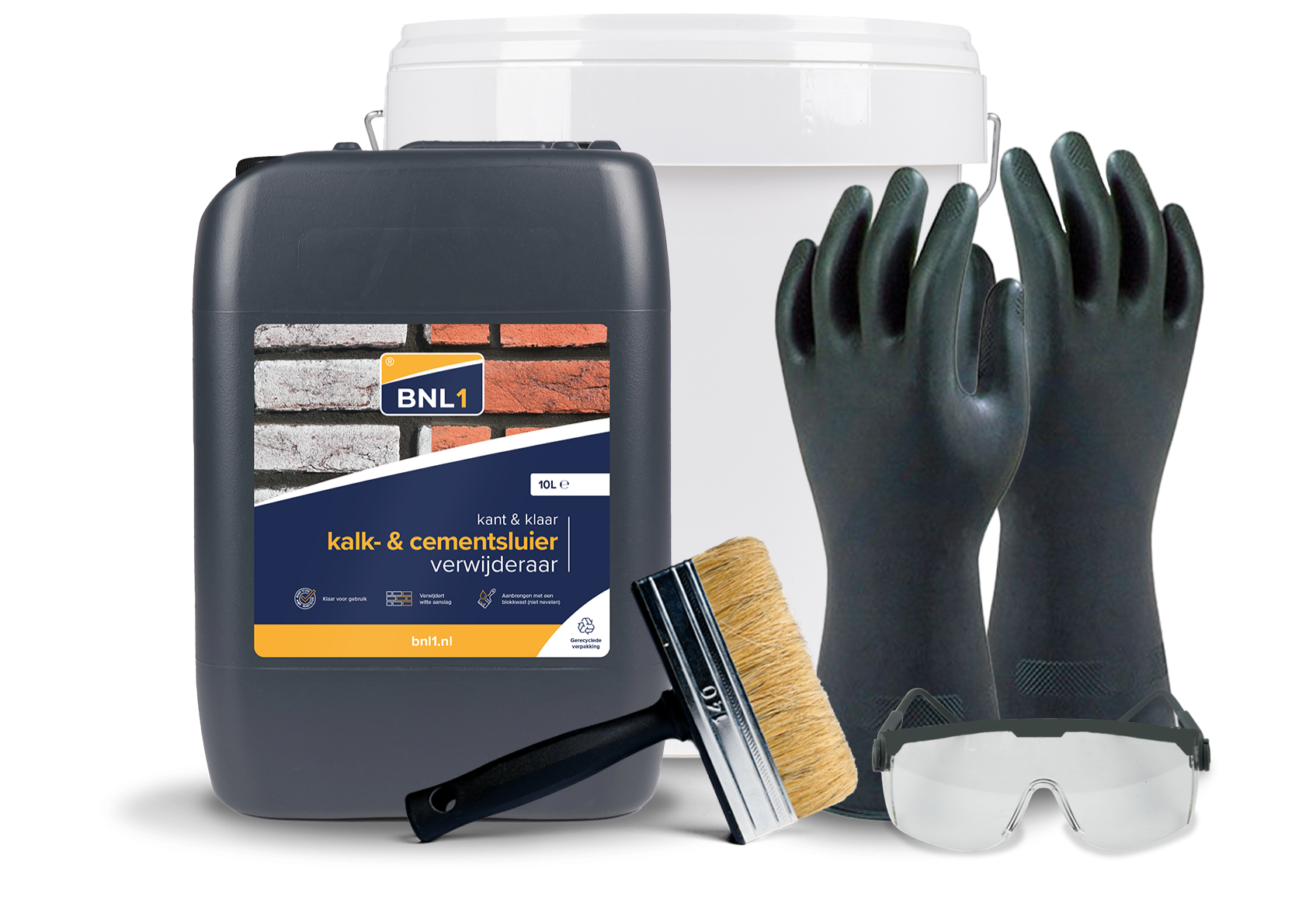BNL5
Product Description
BNL5 is a new generation water-based agent with a unique formula, specially developed to make masonry, concrete, plaster, and natural stone moisture-resistant, dirt-repellent, and insulating.
BNL5 penetrates deeply into the surface and allows water vapor to pass through well, ensuring long-lasting and effective performance. The product reacts extremely quickly and in most cases, the facade is water-repellent within a few hours after application. After treatment, BNL5 is invisible and offers exceptionally durable protection.
The masonry is moisture-resistant yet vapor-permeable, thereby increasing the thermal insulation value. The product prevents the growth of algae and is resistant to alkalis and acids and is unaffected by UV radiation from the sun.
Note:
If the substrate has already been hydrophobized or stones or mortars with hydrophobic properties have been used, then a water-based hydrophobic agent should not be applied. Use BNL10 or BNL25 instead.








